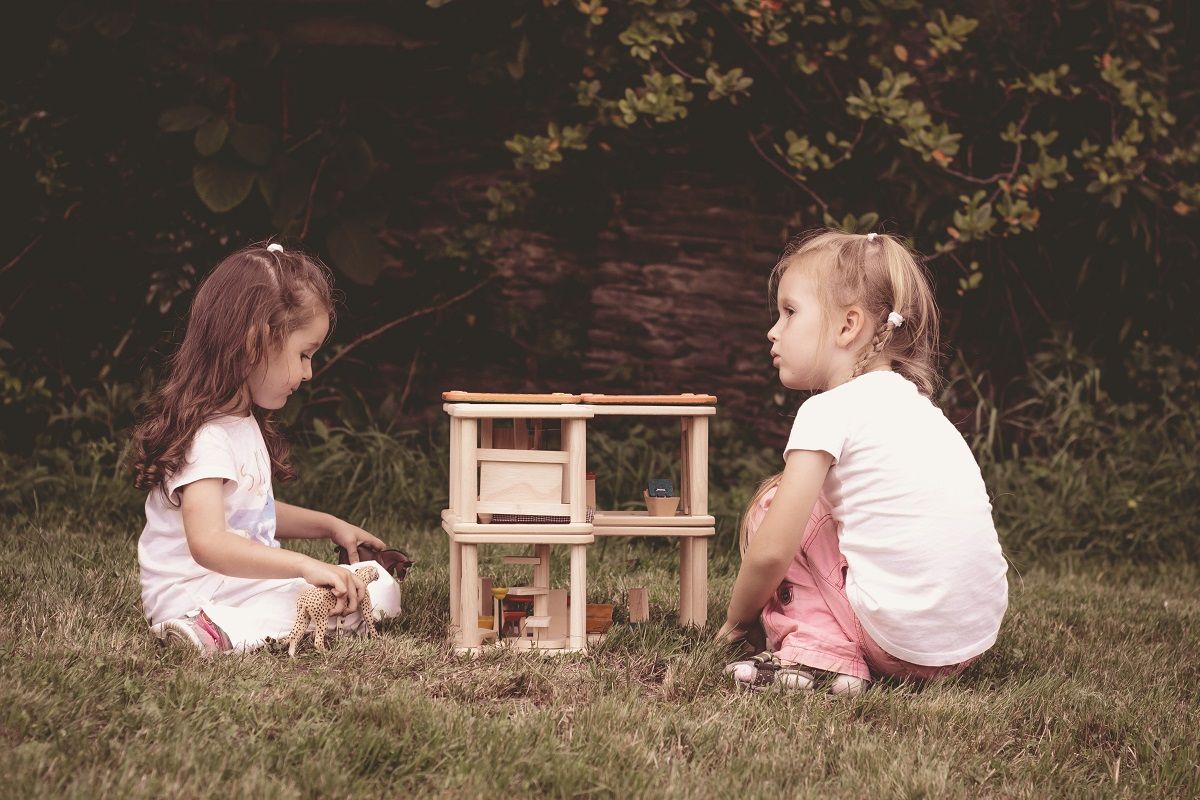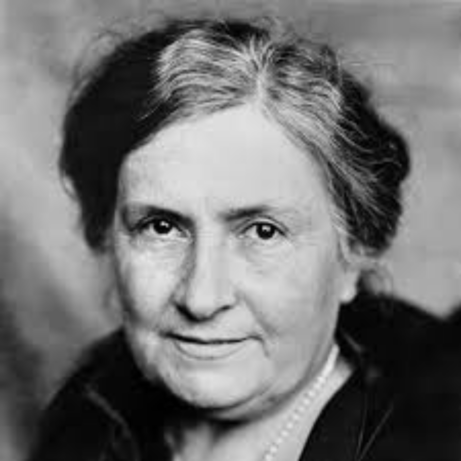So You Want to Be a Montessori Parent, But…

Let’s say you’re sold – you believe that Montessori is the right path for you and your family. What are the most common obstacles between parents and this choice?
- Montessori school isn’t an option for your child. Unfortunately, Montessori schools are not yet so widespread as to be available to every child; and in many places, they are not only rare, but also tend overwhelmingly to be private, and therefore prohibitively expensive to most. Whilst discouraging, this doesn’t mean that you can’t still be a Montessori parent; and more likely than not, find a school that works for your family.
Look for schools that are kind and respectful to their students, for curricula focused on holistic development, and for classrooms that feature order, beauty and nature. Ask prospective educators about their views on independence, discipline, responsibility, children’s fundamental needs and, if possible, mixed age groups. Chances are that if a school is aligned with you on these important matters, you can build a successful partnership even if they are not outright Montessori.
Of course, you might also become a Montessori teacher or start your own school! Many, many Montessori schools come to exist because their founders couldn’t find the school they were looking for; and many, many teachers embarked on this career path through their own children. You would be in excellent company!

Explore the fundamentals of Montessori parenting with this free video by Sylvia Arotin, offering insights and strategies to empower and educate your child.
- You don’t have the resources to make or purchase all the “Montessori things”. It is easy to fall into the trap of believing that Montessori is about the beautiful materials, the shiny laminated language cards, the pretty child-sized furniture. But it’s simply not true and you can parent according to the most deeply held Montessori principles without ever even seeing a pink tower block up close.
Montessori education lies in seeing the child for who he really is, understanding the principles of his development, and respecting him both as the unique person he is now and the future one he is becoming. Whilst our curricula and materials are meticulously prepared and precious, they are not the key to our method; the most essential part is the attitude and relationship to the child. - You have little control over your child’s world outside of the home. We know that the prepared environment is an essential part of the Montessori approach. But what of the environment that we do not control – the extended family, the children in the playground, the school, the mall, the television… our entire society. Is it even possible to practice Montessori parenting in this new world, a century from where it was originally developed?
It is true that Dr. Montessori could hardly imagine the culture and the obstacles that today’s parents face. On the other hand, she worked and taught through obstacles many of us can hardly imagine now, including but not limited to two world wars.
We cannot stop our children from experiencing every less-than-ideal element of the world. It may be some comfort to remember the key influence of the early experiences in the home and in the family. Instead of despairing over the things you cannot change, focus on your child. Give her ample opportunities to build confidence, independence, critical thinking and problem solving skills; make yourself available to hear her concerns and feelings; establish meaningful communication between you; show her you trust her choices and judgement, and let her know you are here for her when needed. - Work and life commitments get in the way. Montessori is not just for stay-at-home parents living in sun-dappled cottages; we all have so-called “real lives”, jobs and commitments, bad days and bad moods. Montessori doesn’t task us with creating idyllic, perfectly curated childhoods for our children (or fail us when we cannot): instead, it asks us simply to see them as full human beings, to respect their potential as well as their soul, and to invite them to live with us in cooperation and partnership.
There is no set requirement for how “much” you must do to qualify as “Montessori enough”. If you find yourself lacking for time, focus on the old cliché (for a reason) of quality over quantity. Focus on taking advantage of the time you do have, and being present for the mundane moments as well as the special experiences. Avoid the trap of working for your child, instead of with your child; after all, involving your child in chores and errands by your side can give you both togetherness and practical life opportunities. - There are things you don’t like about Montessori. Do not get discouraged if you come across part of the Montessori theory or curriculum that doesn’t make sense to you or doesn’t work for your family. We are not a religious cult, we do not claim to know the one true way to live, and we don’t control your life either: you do get to pick and choose what works for you. There’s more than one way to do anything. After all, there is plenty of points of discussion and disagreement throughout the entire Montessori world. I hope I speak for all of us Montessorians when I do invite you to read and study, observe, and learn more about why we believe in what we do – but share with us as well; we are always eager to learn from you and your child.
Montessori Beginnings
YOUR ULTIMATE
MONTESSORI PARENTING COURSE
FOR ZERO TO THREE
Gain clarity and confidence in your parenting to raise a resilient, independent and joyful child.
Comments


